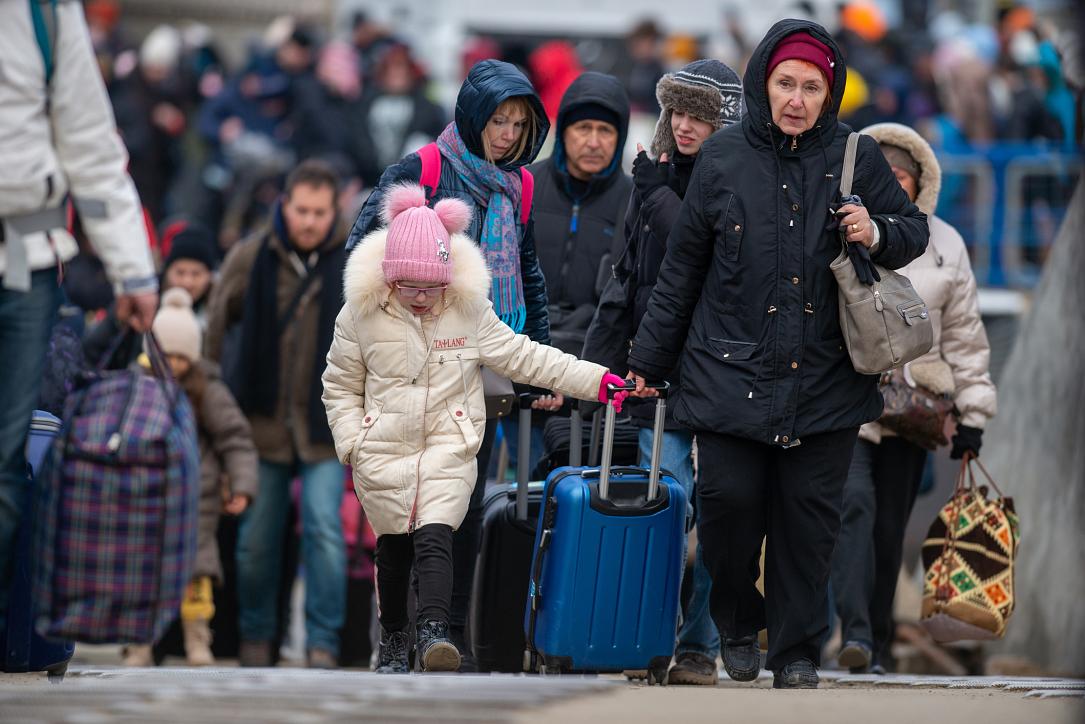Municipalities in Romania, Poland and Slovakia launch multinational program to integrate refugee families



Municipalities from Poland, Romania, and Slovakia came together on Tuesday, October 8, in Lubin, Poland, to mark the launch of a multinational program aimed at supporting the integration of children and families from refugee and migrant communities.
The two-year program, funded by the European Union through the Technical Support Instrument (TSI), will assist municipalities in improving access to quality and inclusive services for children and caregivers, while supporting long-term integration.
UNICEF, in turn, will assist the cities of Bialystok and Lublin in Poland, Bucharest and Timișoara in Romania, and Bratislava and Nitra in Slovakia in designing and implementing the program. The aim is the strengthening of systems and the adoption of long-term inclusion strategies and standard operating procedures, transitioning from an emergency response approach to long-term integration services for children and caregivers in refugee and migrant communities.
The initiative will also provide tools and mechanisms for data collection, coherence between existing policies, predictable and adequate funding, and coordination between institutions.
During the two-day meeting, municipalities will share their experiences and lessons learned from their recent efforts to support Ukrainian refugees. Local needs, capacities, and existing gaps will be gathered, and suggestions will be consolidated to further shape the technical assistance package.
Municipalities will also coordinate the next steps for multinational collaboration and set the timeline for project interventions in each country. The meeting will help establish a network among the participating municipalities to facilitate future information sharing and collaboration.
Following the meeting, the European Commission's Directorate-General for Structural Reform Support (DG REFORM) and UNICEF will coordinate the technical support packages in each country and begin implementing the project's activities. The project will be carried out in close coordination with and active involvement of national public authorities, civil society organizations, and international partners in each country.
Around one million Ukrainian refugees live in Poland, and around 160,000 in Romania, many of them school-age children. According to the UNHCR, 3.7 million people remained displaced within Ukraine and 6.3 million Ukrainians remained abroad, having fled the war as refugees and asylum-seekers.
(Photo source: Tutye2001 | Dreamstime.com)